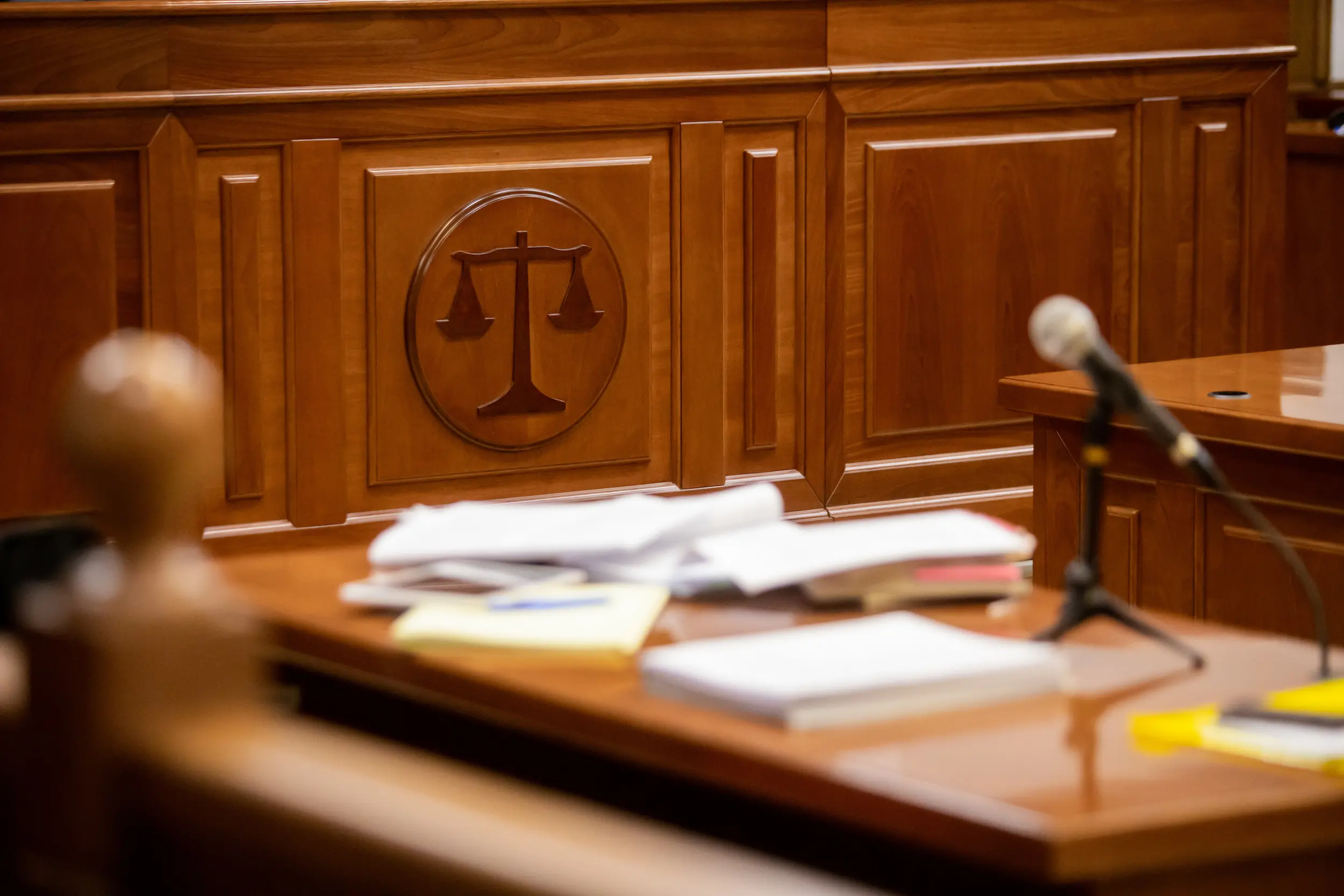
The vast majority of criminal cases are resolved through plea bargains, yet little is known about the plea process. The plea tracking work at the Wilson Center, in which prosecutors document how and why they make decisions in the plea bargain process, has opened the "black box" of plea bargaining. The Center is using the lessons from this work to inform prosecution policy and defense practices and to propose new approaches to make plea bargaining more transparent, just, and equitable.
The Plea Tracker
The Center has worked closely with two district attorney's offices — Berkshire County, Massachussetts and Durham County, North Carolina — to implement a plea tracker, documenting the decision-making process of prosecutors when offering pleas. The analysis helps shed light on how cases are resolved, identify disparities in those resolutions, and bring more transparency to the process. Learn more about the plea tracker in the following publications:
- Open Prosecution By: Brandon L. Garrett, William E. Crozier, Kevin Dahaghi, Elizabeth J. Gifford, Catherine Grodensky, Adele Quigley-McBride, and Jennifer Teitcher in Stanford Law Review (2023)
- Report: Plea Tracking in the Durham District Attorney's Office, First Report (2023)
- Report: Plea Tracking in the Durham District Attorney's Office, Second Report (2025)
- Report: Plea Tracking in the Berkshire County District Attorney's Office Part 1 (2022)
- Report: Plea Tracking in the Berkshire County District Attorney's Office Part 2 (2022)
Implementing the Plea Tracker in Your Office
Are you interesting in implementing the plea tracker in your office? Download our Plea Tracker Guide, and explore an example of the online Plea Tracker.
Please note, the online plea tracker should be used for fictional cases only. Please do not enter any real-life cases.
If you are interested in incorporating the Plea Tracker in your office, you can incorporate the questions into an existing case management system or setting up your own survey tool. If you are interested in collaborating with us, you can email the Wilson Center Team to discuss setting up a research agreement.
